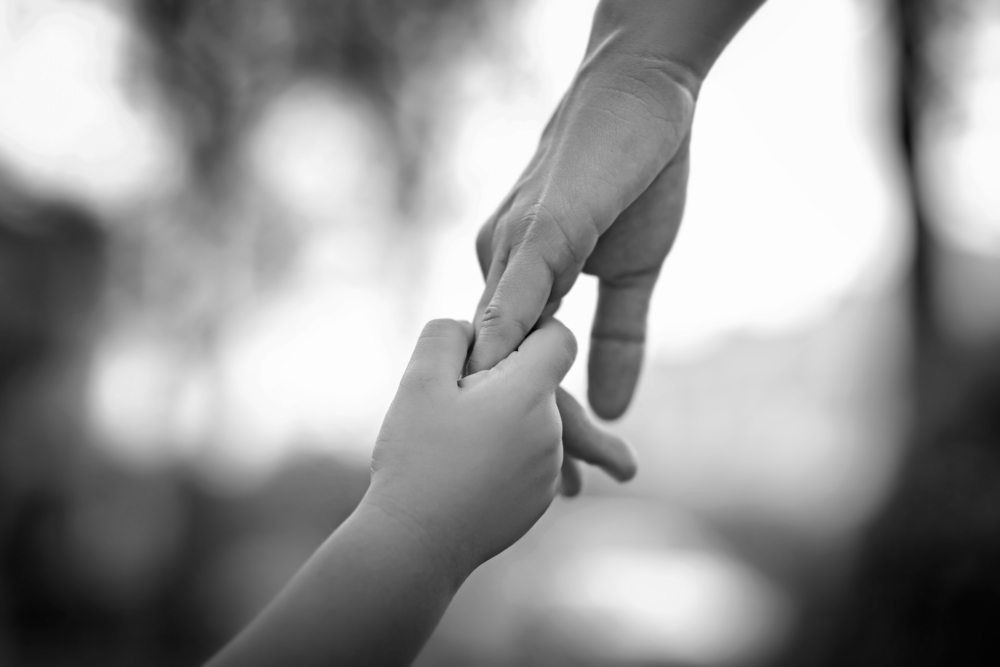John Bowlby was one of the pioneers of attachment theory. Our individual attachment styles work behind the scenes of our everyday life.
The way we encounter life’s varying situations can be experienced in totally different ways depending on what attachment style you have cultivated. The relationship we have with our selves can be impacted by our own attachment style. Unrecognised this contributing factor will play out in our abilities to self-regulate our emotions, potentially rendering us helpless to its restrictions.
As babies we are totally reliant on our primary care giver. To have all our needs met as a child, protection, presence, play, consistency, and responsiveness feeling safe and secure in the environment helps us to adapt to the world around us. A securely attached child usually grow up with plenty of love and support from reliable responsive caregivers. These adults healthily connect with others in a positive way. They also are confident both engaging in connecting with others as well as on their own; they can think and perceive a range of possibilities. These adults can adapt to change and are comfortable with change and differences. Resolving conflict can be optimised in a healthy positive way. They successfully accept the love they feel from others and easily forgive.
However, if a child has experienced inconsistency with care whilst growing up this can affect the child/adult’s ability to self-regulate. An anxiety begins to form if a primary care giver was both physically and emotionally absent at times. There might have been parental care and love received but it was thwart with unpredictability and inconsistency. There was an insecurity about the needs being met. Maybe the child got what they needed, but maybe they didn’t. It was like a guessing game. Attempts to connect with the primary caregiver were at times met with love and presence but not in a trustworthy way. Children who grow up in these types of environments tend to feel associated stress as a result. This can nurture an insecure attachment style which can mean that people find it difficult to regulate their own feelings. Navigating their own internal emotional pathway wasn’t met by their parent’s secure presence.
Attachment styles associated with an insecure upbringing can be Avoidant, Ambivalent, or disorganised attachment style depending on the child’s lived experiences.
Individuals suffering with sex addiction often present with one of the insecure attachment styles. Helping that person understand the impact there upbringing had can open a door to understanding themselves. This enables them to implement change with a deeper understanding and live a more authentic life.

